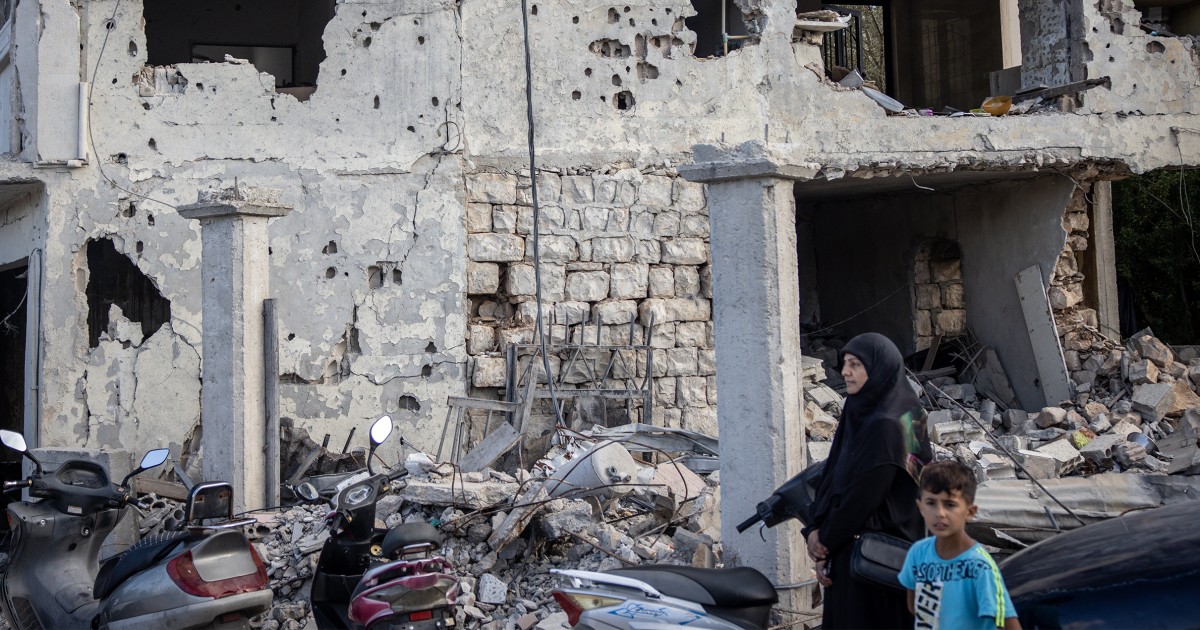Israel launched airstrikes in southern Lebanon in response to Hezbollah’s threats of launching rockets and drones to avenge the killing of one of its top commanders. The heavy exchange of fire raised concerns of sparking a broader regional war involving the United States, Iran, and other militant groups. These attacks also risked undermining efforts to reach a ceasefire in Gaza, where Israel has been at odds with Hamas.
Hezbollah retaliated by launching rockets and drones targeting Israeli military positions after the killing of one of its founders in a recent Israeli airstrike. The attacks came as Egypt hosted talks aimed at ending the Israel-Hamas conflict, with Hezbollah indicating it would stop fighting if a ceasefire was achieved in Gaza.
The United States supported Israel’s right to defend itself and worked towards regional stability, closely monitoring the situation. Diplomatic efforts were undertaken to prevent further escalation, with Israel reinforcing troops near the Lebanese border in anticipation of fighting with Hezbollah.
Hezbollah, a powerful group with significant rocket capabilities, has been exchanging fire with Israel, displacing civilians on both sides. Israel has a strong military and missile defense system, backed by a U.S.-led coalition. Both sides have been careful to avoid all-out war, with the potential for displacement and destruction in the event of a conflict. Iran, a close ally of Hezbollah, has also threatened retaliation for recent events.
Photo credit
www.nbcnews.com



